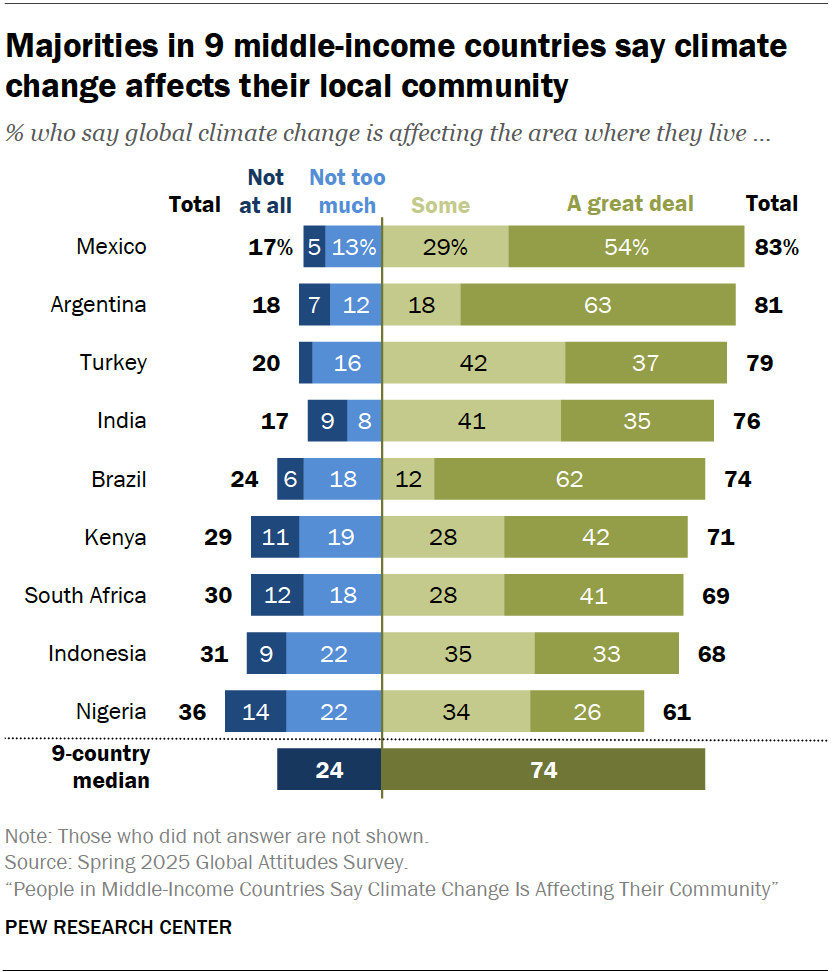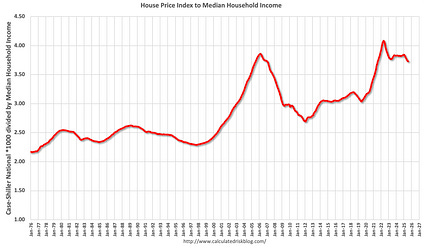Hong Kong police force needs more officers from ethnic minority groups – South China Morning Post

Report on Inclusive Employment in the Hong Kong Civil Service and Alignment with Sustainable Development Goals
Introduction: Assessing Employment Inclusivity and its Relation to SDG 10
As the largest employer in Hong Kong, the government has a significant responsibility to champion inclusive employment practices, a cornerstone of Sustainable Development Goal 10 (Reduced Inequalities). Current data indicates a substantial disparity in the representation of individuals from diverse ethnic backgrounds within the civil service. It is estimated that their representation is significantly below their 4% share of the Hong Kong population, excluding foreign domestic helpers. This underrepresentation directly contravenes the principles of Target 10.2, which aims to promote the social and economic inclusion of all, and Target 10.3, which seeks to ensure equal opportunity and reduce inequalities of outcome.
Analysis of Systemic Barriers and Underrepresentation
The Hong Kong Police Force: A Case Study in Institutional Inclusivity
The underrepresentation of ethnic minorities is particularly acute within the Hong Kong Police Force. This lack of diversity not only undermines the principle of inclusivity but also disregards the valuable skills these communities contribute. Achieving SDG 16 (Peace, Justice and Strong Institutions) requires the development of effective, accountable, and transparent institutions. A police force that is not representative of the community it serves faces challenges in being fully responsive and participatory (Target 16.7), potentially hindering its effectiveness and public trust.
Stringent Language Requirements as a Barrier to Decent Work (SDG 8)
A primary obstacle identified is the stringent Chinese language requirement for police recruitment. This policy presents a significant challenge to achieving SDG 8 (Decent Work and Economic Growth), particularly Target 8.5, which advocates for full and productive employment and decent work for all.
- The current examination criteria extend beyond the practical, functional language skills needed for frontline duties.
- There is an undue emphasis on advanced academic-level proficiency, including complex vocabulary, grammatical corrections, and sentence structures.
- This focus disproportionately disadvantages capable candidates who possess other essential skills, including fluency in multiple languages vital for effective police work.
The Overlooked Asset of Multilingualism and its Role in Sustainable Cities (SDG 11)
Enhancing Community Policing and Social Cohesion
Hong Kong’s identity as a global metropolis necessitates that multilingualism be treated as a significant asset. Many candidates from diverse ethnic backgrounds are fluent in languages such as English, Hindi, Urdu, and Punjabi. These skills could greatly enhance community policing and public engagement, contributing to SDG 11 (Sustainable Cities and Communities) by helping to build inclusive, safe, and resilient urban environments. The current system, however, magnifies perceived weaknesses in written Chinese while overlooking these considerable strengths.
Recommendations for Reform in Alignment with Global Goals
To align with international best practices and commitments to the Sustainable Development Goals, it is imperative for the government to reform its recruitment processes. The following actions are recommended:
- Reform Recruitment Assessments: Revise assessments to ensure they are relevant, fair, and directly aligned with the practical, on-the-job requirements. This reform is crucial for meeting the objectives of SDG 10 (Reduced Inequalities) and SDG 16 (Strong Institutions).
- Distinguish Proficiency Levels: A clear distinction must be made between testing for functional, operational language skills and demanding academic-level linguistic mastery.
- Recognize Multilingualism as an Asset: The recruitment system should be modified to formally recognize and reward multilingualism as a significant advantage, thereby promoting SDG 8 (Decent Work) and enhancing the capacity to build SDG 11 (Sustainable Cities).
Analysis of Sustainable Development Goals in the Article
-
Which SDGs are addressed or connected to the issues highlighted in the article?
The article addresses issues related to several Sustainable Development Goals (SDGs) by focusing on employment discrimination, inequality, and the nature of public institutions.
- SDG 8: Decent Work and Economic Growth: The article’s central theme is the promotion of “inclusive employment practices” and the removal of barriers to employment for ethnic minorities in the Hong Kong civil service. This directly relates to ensuring decent work for all.
- SDG 10: Reduced Inequalities: The article explicitly points out the “alarmingly low” representation of ethnic minorities in the civil service, which is a clear example of inequality. It calls for reducing this disparity and ensuring equal opportunity, which is the core of SDG 10.
- SDG 16: Peace, Justice and Strong Institutions: The focus on the civil service and the police force touches upon the need for “effective, accountable and transparent institutions”. The article argues that a non-representative police force undermines inclusivity and that recruitment practices should be fair to build a stronger, more just institution.
-
What specific targets under those SDGs can be identified based on the article’s content?
Several specific targets can be identified based on the problems and solutions discussed in the article.
- Target 8.5: “By 2030, achieve full and productive employment and decent work for all women and men… and equal pay for work of equal value.” The article advocates for this by highlighting the underrepresentation of ethnic minorities in the civil service and calling for reforms to ensure they have fair access to these jobs.
- Target 10.2: “By 2030, empower and promote the social, economic and political inclusion of all, irrespective of… race, ethnicity, origin…” The article directly addresses this target by criticizing the low representation of ethnic minorities and advocating for their inclusion in the civil service and police force.
- Target 10.3: “Ensure equal opportunity and reduce inequalities of outcome, including by eliminating discriminatory… policies and practices…” The article identifies the “stringent Chinese language requirement” as a discriminatory practice that creates an unequal outcome for capable candidates from diverse ethnic backgrounds.
- Target 16.7: “Ensure responsive, inclusive, participatory and representative decision-making at all levels.” The article points out that the underrepresentation of ethnic minorities in the police force means the institution is not representative of the community it serves. It argues that including multilingual officers would “enhance community policing and public engagement,” making the institution more responsive and inclusive.
- Target 16.b: “Promote and enforce non-discriminatory laws and policies for sustainable development.” The call to “reform recruitment assessments to ensure they are relevant, fair and aligned with the actual requirements of the job” is a direct appeal to change a policy perceived as discriminatory.
-
Are there any indicators mentioned or implied in the article that can be used to measure progress towards the identified targets?
Yes, the article mentions and implies several indicators that can be used to measure progress.
- Proportion of ethnic minorities in the public service: The article provides a clear quantitative indicator by stating that the representation of ethnic minorities is “substantially below their 4 per cent share of Hong Kong’s population.” Progress can be measured by tracking the percentage of civil servants from ethnic minority backgrounds and comparing it to this population benchmark. This relates to indicator 16.7.1 (Proportions of positions in public institutions… compared to national distributions).
- Existence of discriminatory recruitment policies: The “stringent Chinese language requirement for police recruitment” is identified as a specific policy barrier. An indicator of progress would be the reform or removal of this requirement, particularly the parts that test “academic-level proficiency” rather than “functional language skills.” This relates to indicator 16.b.1 (Proportion of population reporting having personally felt discriminated against or harassed).
- Recognition of multilingual skills: The article suggests that “multilingualism should be recognised as a significant advantage.” An indicator of progress would be the formal inclusion of multilingual abilities as a valued asset in recruitment and promotion criteria within the civil service, particularly the police force.
-
Table of SDGs, Targets, and Indicators
SDGs Targets Indicators Identified in the Article SDG 8: Decent Work and Economic Growth 8.5: Achieve full and productive employment and decent work for all. The rate of employment of ethnic minorities within the Hong Kong civil service. SDG 10: Reduced Inequalities 10.2: Promote the social and economic inclusion of all, irrespective of ethnicity. The proportion of ethnic minorities in the civil service compared to their share of the general population (stated as 4%). 10.3: Ensure equal opportunity and eliminate discriminatory policies. The existence and nature of the “stringent Chinese language requirement” in police recruitment assessments. SDG 16: Peace, Justice and Strong Institutions 16.7: Ensure responsive, inclusive, and representative institutions. The proportion of police officers from diverse ethnic backgrounds, reflecting the community’s composition. 16.b: Promote and enforce non-discriminatory policies. Reforms made to recruitment assessments to make them fair, relevant, and non-discriminatory. Recognition of multilingualism as an asset in recruitment criteria.
Source: scmp.com

What is Your Reaction?
 Like
0
Like
0
 Dislike
0
Dislike
0
 Love
0
Love
0
 Funny
0
Funny
0
 Angry
0
Angry
0
 Sad
0
Sad
0
 Wow
0
Wow
0














































































